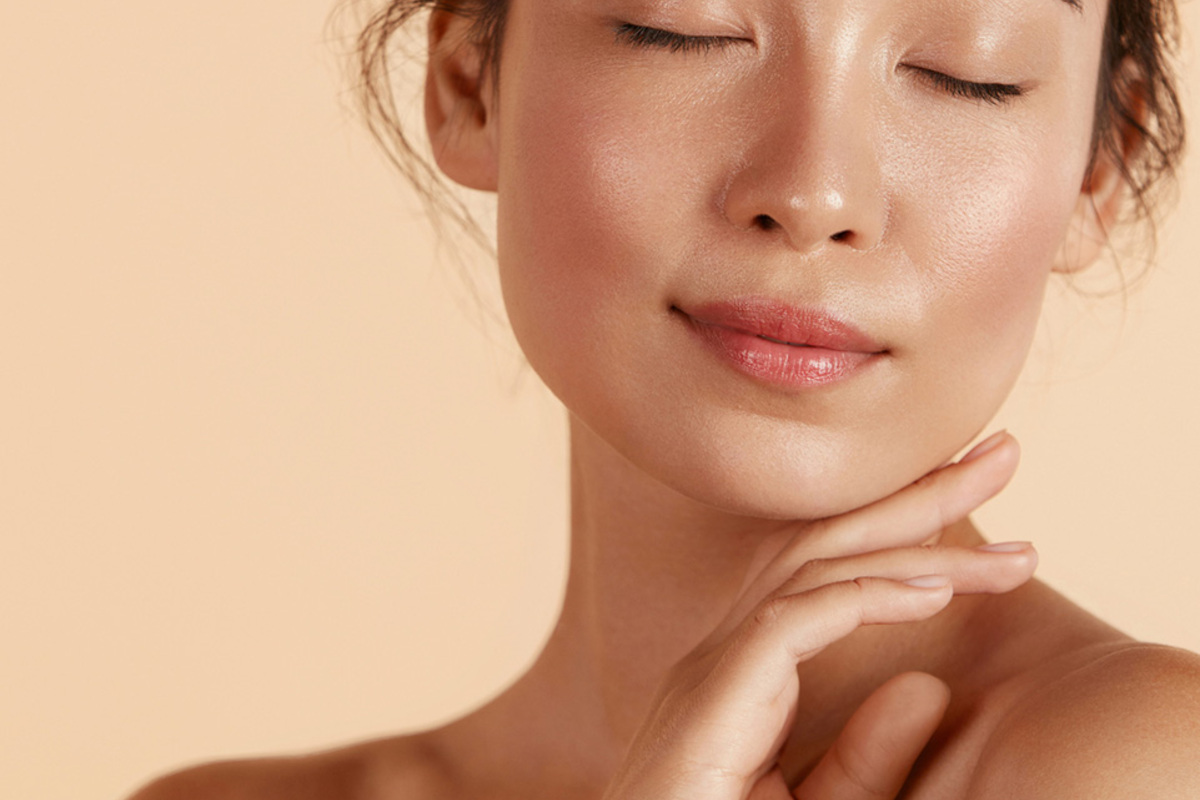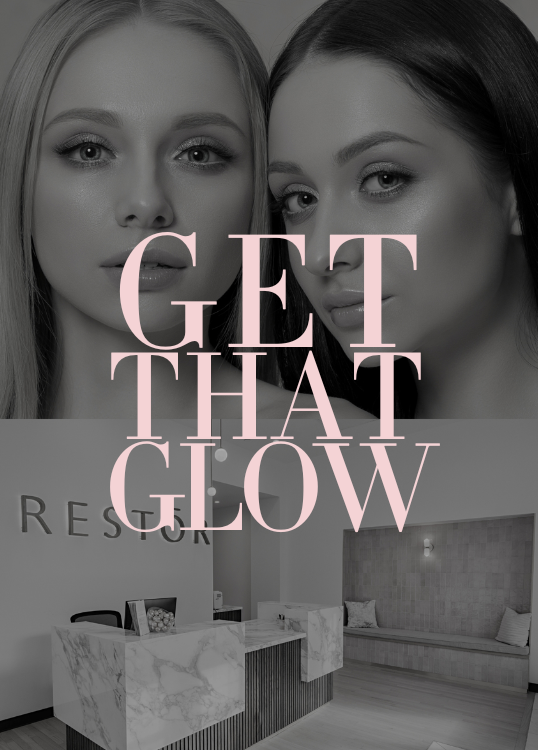
The right skincare routine can make all the difference in how your skin looks, and it starts by understanding just what your skin type needs. Think you’ve got Oily and Sensitive skin? Review our introductory guide to the six fundamental skin types to help determine what you’re working with.
People with Oily skin have a surplus of oil production, which can lead to clogged , acne or greasy skin. Sensitive skin is very prone to various types of inflammation: redness, rashes, irritation from products, and yes, acne as well. Oily and Sensitive skin is acne-prone skin, but it is also too sensitive to treat that acne with most of the more aggressive products – making Oily and Sensitive skin a particularly delicate type to treat.
Still not sure if you have Oily and Sensitive skin? Take our Skin Typing quiz to find out!
How do I know if I have Oily and Sensitive skin?
You probably have oily and sensitive skin if:
- About an hour after you wash your face, but before you put on any products, you skin feels normal or oily – never flaky or tight.
- Your face is frequently shiny in pictures.
- You may have many visible pores.
- You struggle with acne.
- You sometimes have redness and flushing after working out, or eating certain foods. You will also probably flush in response to emotional stressors.
- You may have many broken blood vessels across your nose or cheeks.
- Trying new products, perfumes, or sunscreens may make your skin red, itchy, or irritated.
What are the challenges with treating Oily and Sensitive skin?
Oily and Sensitive skin often spells acne. That extra oil your skin is producing can clog your pores, making you prone to breakouts. Not only are acne flares frustrating, they can lead to long-term pigment and scarring damage.
Unfortunately, many products used to control acne can irritate sensitive skin. Plus, other skincare products like sunscreen or moisturizers can further clog your oily pores.
Finally, Oily and Sensitive skin can also be prone to rosacea (redness and flushing), which can be triggered by heat, exercise, and even spicy foods or emotions.
How can I treat my acne-prone Oily skin if it’s Sensitive, too?
Oily and Sensitive skin is definitely more challenging to care for, but it can be done! The first step is to get your acne under control. You’ll want to invest in Medical Grade products loaded with salicylic and glycolic acids, benzyl peroxides and Retinols – but start one at a time and increase them gradually. When your Sensitive skin begins to rebel by becoming inflamed, red, and flaky, scale back. That means that you have maxed out what you can do at home, and it is time for lasers to control your acne.
Ready to tackle your acne head on? We’ve curated a collection of products that shouldn’t irritate sensitive skin but will help keep your pores from getting clogged. Visit our Oily and Sensitive products page to find the best products to treat this tricky skin type.
Are there specific Medical Spa treatments for Oily and Sensitive skin?
If your at-home regimen isn’t enough to control your acne flares, there are some Medical Grade spa treatments that should help. For example, chemical peels and lasers can work wonders on clearing out your skin and reducing pigment. If you’re dealing with truly stubborn acne, prescription medications can also be added to the mix.
After you’ve got your acne under control, the next step is to clear out any red or brown pigmentation spots with a series of IPL laser treatments. Finally, after your breakouts are controlled and your pigment is gone, microneedling can be used to heal your remaining acne scars. Glowing skin can be yours at long last!
What can I do to care for my Oily and Sensitive skin at home?
The trick to treating Oily and Sensitive skin is a combination of prevention and protection. Being diligent about your home care routine should help prevent future breakouts. The core of your routine should consist of an anti-inflammatory cleanser, a light, non-oily moisturizer, salicylate pads for spot control, and a Retinol.
Do NOT forget your Retinol! Both Retinols and Retin-a are the backbone of acne prevention. As an added benefit, they’re the only FDA-approved molecule families that can reverse the signs of aging in your skin. Fair warning: Retinols can and will irritate your skin, at least for the first few weeks of using them. But stick it out – your skin will get used to them and start responding in a positively brilliant way.
Treatment Plan for Oily and Sensitive Skin
To summarize, here’s how to get started in treating your Oily and Sensitive skin:
- Get your acne under control through a combination of medical grade products, chemical peels, or prescription medication where required
- Correct pigmentation issues with IPL laser treatments
- Prevent future breakouts with medical grade products designed to keep your pores clear, including salicylic acid and a oil-free moisturizer.
- Use Retinols regularly for both anti-aging and anti-acne


